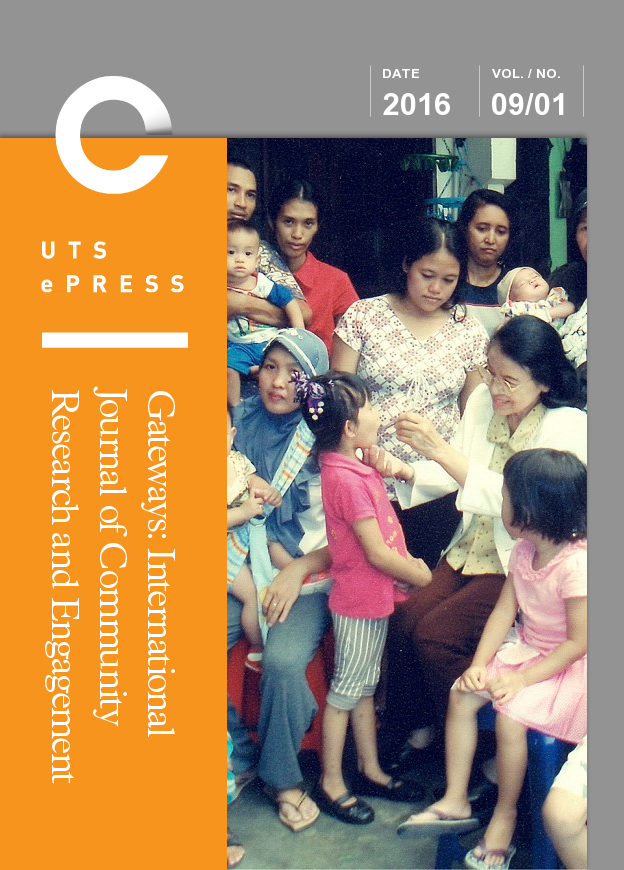Supporting communities of practice: A reflection on the benefits and challenges facing communities of practice for research and engagement in nursing
Main Article Content
Abstract
Because of its potential self-sustainability, communities of practice may serve as useful practice-based knowledge sharing platforms for collaborative research and training, and thereby enhance development of human resources in the health sector. However, communities of practice are complex structures and need support from their host organisations and commitment from their members. This article examines the diverse ways in which communities of nurse educators and practitioners who were part of a funded program in Tshwane District, South Africa evolved over a period of seven years. Adopting an ethnographic approach of reflexivity and learning, we compared and analysed the ways in which the communities of practice became sustainable over time. Our recommendations for institutional support of communities of practice in the health sector are based on the lessons we learned during the program that contributed to the configuration and reconfiguration of some of our communities of practice and the disengagement of others. We believe that our findings may have implications for replicability and sustainability of other communities of practice.
Keywords: collaborative learning, collective knowledge, self-sustainability
Article Details
Issue
Section
Authors who submit articles to this journal from 31st March 2014 for publication, agree to the following terms:
a) Authors retain copyright and grant the journal right of first publication with the work simultaneously licensed under a Creative Commons Attribution License that allows others to share and adapt the work with an acknowledgement of the work's authorship and initial publication in this journal.
b) Authors are able to enter into separate, additional contractual arrangements for the non-exclusive distribution of the journal's published version of the work (e.g., post it to an institutional repository or publish it in a book), with an acknowledgement of its initial publication in this journal.
c) Authors are permitted and encouraged to post their work online (e.g., in institutional repositories or on their website) prior to and during the submission process, as it can lead to productive exchanges, as well as earlier and greater citation of published work (See The Open Access Citation Advantage Service). Where authors include such a work in an institutional repository or on their website (ie. a copy of a work which has been published in a UTS ePRESS journal, or a pre-print or post-print version of that work), we request that they include a statement that acknowledges the UTS ePRESS publication including the name of the journal, the volume number and a web-link to the journal item.
d) Authors should be aware that the Creative Commons Attribution (CC-BY) License permits readers to share (copy and redistribute the work in any medium or format) and adapt (remix, transform, and build upon the work) for any purpose, even commercially, provided they also give appropriate credit to the work, provide a link to the license, and indicate if changes were made. They may do these things in any reasonable manner, but not in any way that suggests you or your publisher endorses their use.
For Volume 6 (2013) and before, the following copyright applied:
Articles published by UTSePress are protected by copyright which is retained by the authors who assert their moral rights. Authors control translation and reproduction rights to their works published by UTSePress. UTSePress publications are copyright and all rights are reserved worldwide. Downloads of specific portions of them are permitted for personal use only, not for commercial use or resale. Permissions to reprint or use any materials should be directed to UTSePress.
